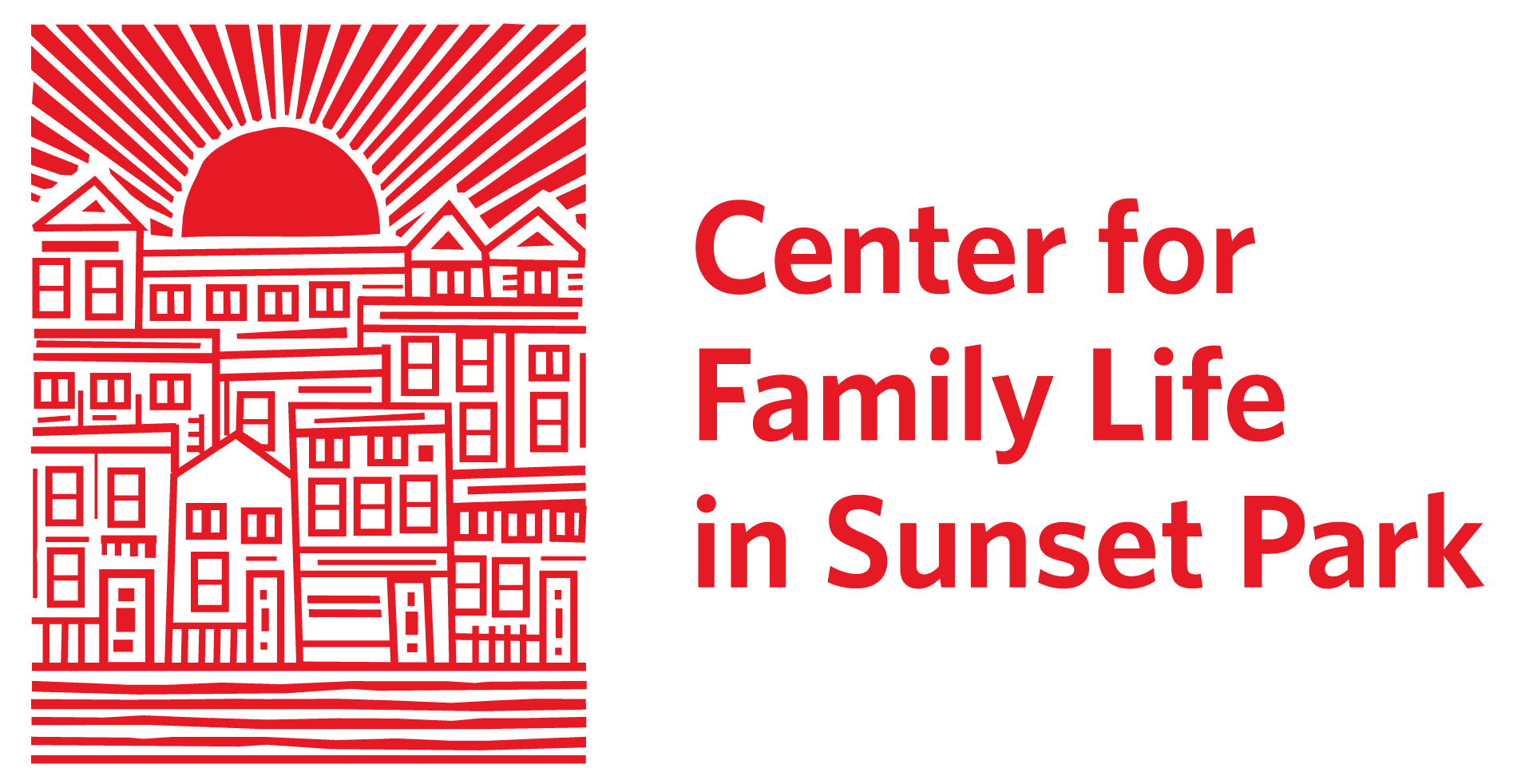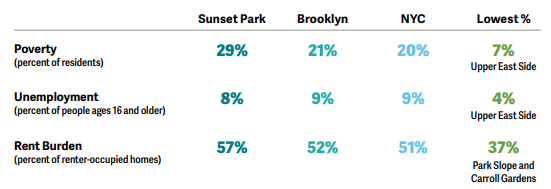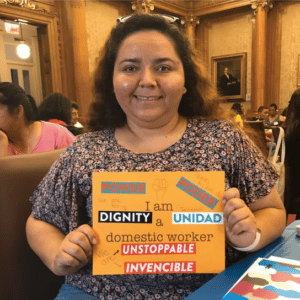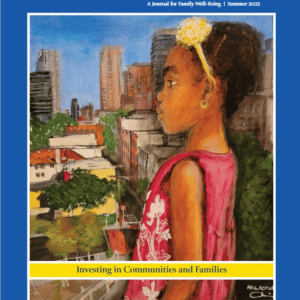Center for Family Life is honored to be one of the ActionNYC providers within the five boroughs, providing free and trusted immigration legal support to immigrant New Yorkers. ActionNYC is administered by the Mayor’s Office of Immigrant Affairs (MOIA), the Department of Social Services/Human Resources Administration (DSS-HRA) and the Research Foundation of the City University of New York. Through ActionNYC, trained legal navigators conduct legal screenings and licensed attorneys provide high-quality legal supports to clients. In addition, navigators make referrals to essential social services that clients may need. Services are provided to New Yorkers regardless of legal status and are offered in any language.
Since the start of the program, we have helped thousands of individuals in Sunset Park and throughout New York City, providing life changing services to individuals and families.
With the influx of new arrivals in New York City beginning in September 2022, the need for free immigration legal services has only increased. To support these new arrivals, our staff provided information sessions at NYC’s Central Navigation Center during the first half of 2023, providing over 100 workshops and serving over 1,000 people. Today, our ActionNYC team continues to screen new arrivals, make referrals and directly assist with Temporary Protected Status (TPS) and Employment Authorization applications.

Many of the clients we serve through the ActionNYC program have experienced significant trauma and violence and are seeking protection in the U.S. for themselves and their families. We are proud to serve these individuals and families through ActionNYC and a number of other CFL services including a food pantry, public benefits access, employment services, English as a second language classes, immigrant trauma treatment and family counseling. We are thankful that the ActionNYC program exists to protect the rights of immigrants and help them to navigate through complicated and consequential legal processes.
We are delighted to share a recent success story which highlights the importance of ActionNYC and its impact on immigrant families’ lives.
In the late 1990s, Sarai arrived from Guatemala to the U.S. after being a victim of intimate personal violence in her marriage in Guatemala. Since her children’s father worked for the Guatemalan police department, Sarai had no choice but to leave her children behind as she sought safety in the U.S. Once in the U.S., Sarai again fell victim to intimate personal violence from her sibling, who abused her for years as she struggled to gain stability in her life in the U.S. After finding the courage to report her abuse to local authorities, she received help to find shelter and protection. In 2017, Sarai came to CFL for immigration legal help, where we assisted her with filing a petition for a U visa, which provides a pathway to citizenship for victims of violence, as well as two Humanitarian visas for her children who desperately wanted to be reunited with their mother. Sarai’s U visa was finally approved in November 2023 and her children’s Humanitarian visas were approved at the end of last year. Sarai’s family was overjoyed at news of the approvals and cannot wait to be reunited. Our entire ActionNYC team was also overjoyed and one of our Legal Navigator’s, Lois Torres, said Sarai invited the team to go with her to the airport to celebrate the family’s reunion as she is so grateful for all of their help over the years.
*Name changed to protect our client’s confidentiality.

ActionNYC is a critically important program that helps ensure the stability and well-being of immigrant communities in New York and helps provide equal access to legal services. We are proud to be an ActionNYC provider and to support our diverse immigrant community as they face unprecedented challenges.







